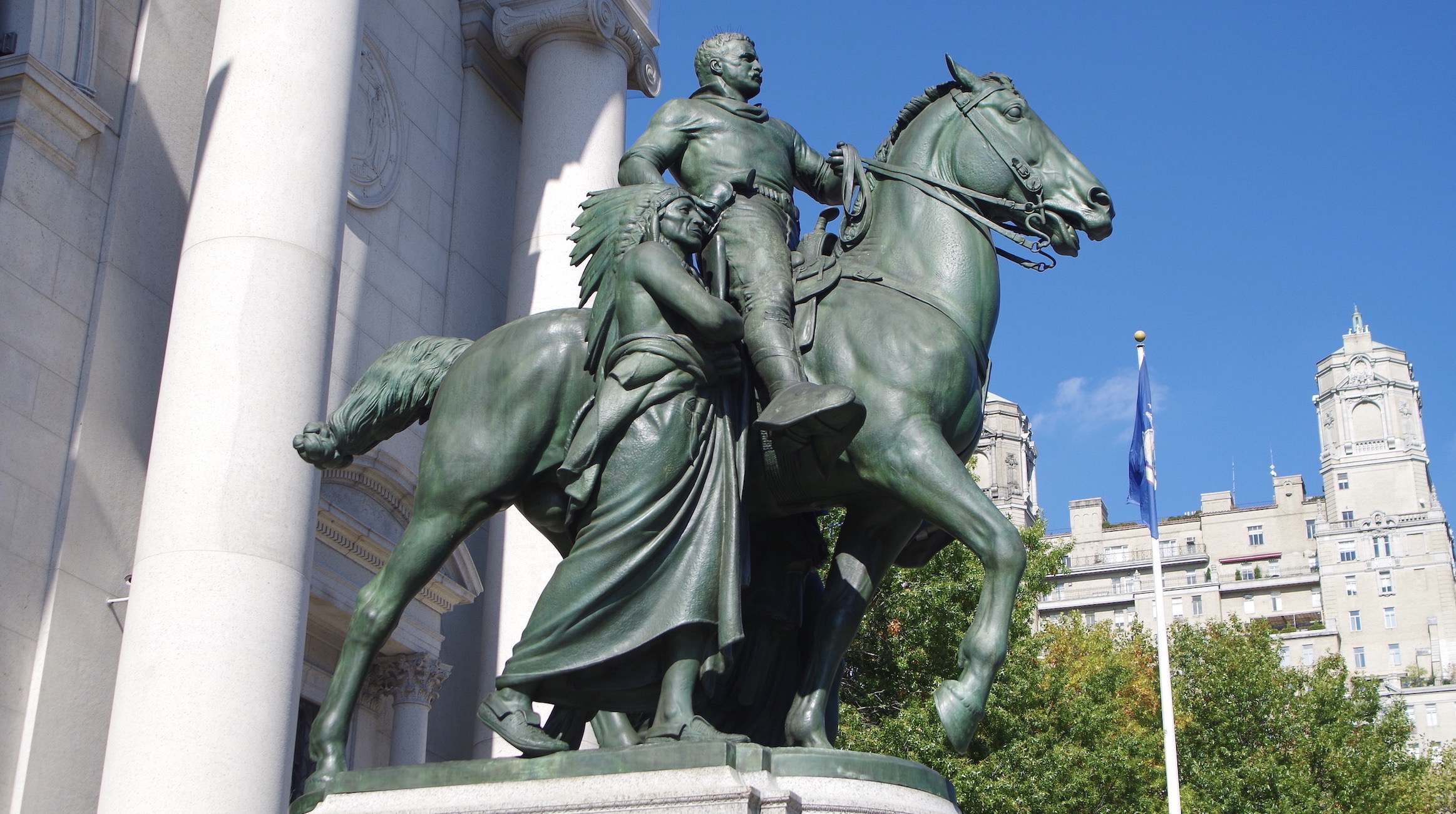 Culture & Ethics
Culture & Ethics
 Evolution
Evolution
New York Museum Benefited from African Genocide

As I discussed in a recent article and video, Germany committed genocide against the Herero and Nama peoples in southwest Africa in the early 1900s. German authorities also conducted medical experiments on their victims in the name of racial “science.” The extermination efforts and medical experiments were a product of Western imperialism and fueled in part by a virulent strain of Darwinian ideology.
A Sorry Story
It turns out that one of America’s most prominent museums benefited from the atrocities. The American Museum of Natural History (AMNH) in New York City purchased a collection of skulls that included pieces gathered from German concentration camps in southwest Africa. The sorry story is told in this 2018 article in The New Yorker:
In 1906, Felix von Luschan, an Austrian-born anthropologist, sent letters to [German] colonial officers asking that they gather bones and ship them to him in Berlin, for research. In a letter discovered by the historian Andrew Zimmerman, one of the officers replied, “In the concentration camps taking and preserving the skulls of Herero prisoners of war will be more readily possible than in the country, where there is always a danger of offending the ritual feelings of the natives.” In response to one anthropologist’s request, the German overseers of a concentration camp gave Herero women shards of glass and told them to scrape the flesh from the corpses of Herero men. Luschan eventually sold his entire personal collection, including the skulls of thousands of people from across the world, to the American Museum of Natural History. The purchase doubled the museum’s physical anthropology holdings and helped establish the AMNH as a leader in the field.
As of 2018, the skulls were still housed in the AMNH’s collections, although the museum allowed a delegation of a dozen Hereros to view the remains.
No Response
Are they still housed there? Earlier this week, I contacted the museum’s press office in an effort to find out, and to ask if the Museum was considering sending them back to modern Namibia for burial. The AMNH failed to respond.
It’s not the first time the museum has avoided addressing its uncomfortable history. While preparing my documentary Human Zoos, I encountered a similar wall of silence. My documentary deals in part with the museum’s history of promoting eugenics. But AMNH officials declined a request to be interviewed on-screen for the documentary. Their stated reason? I wasn’t able to purchase $2 million in insurance. Yet the museum also turned down repeated requests to answer questions about its history in writing for the documentary.
It remains to be seen whether the AMNH will continue to get a pass in 2020 about its avoidance of its problematic past.
